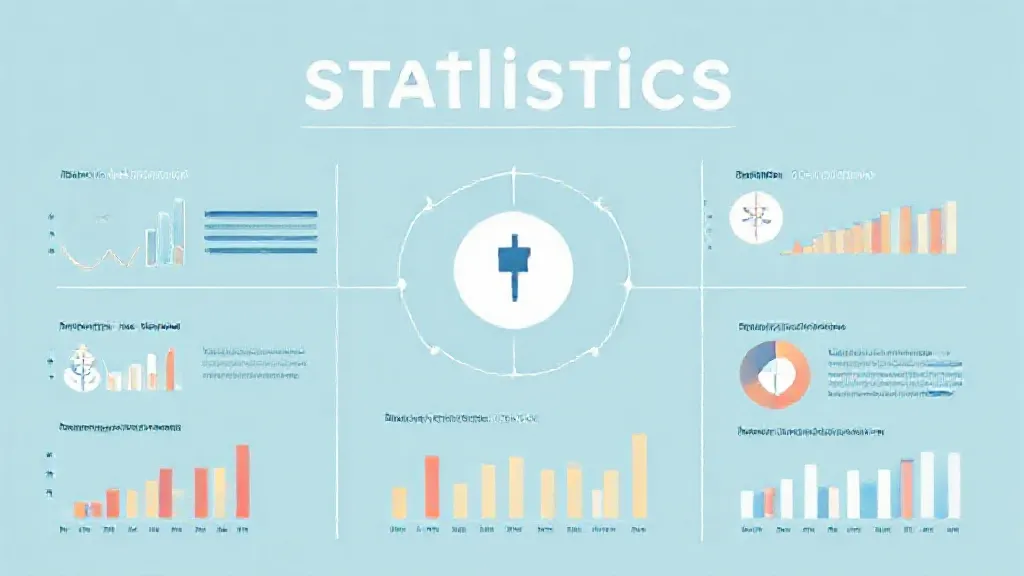Statistics play a pivotal role in medicine, influencing everything from clinical trials to patient care. The application of statistical methods allows healthcare professionals to make informed decisions based on data rather than intuition alone. This article explores how statistics are integrated into various aspects of medicine, highlighting their significance in improving health outcomes and advancing medical research.
The Foundation of Evidence-Based Medicine
At the core of modern medicine is the concept of evidence-based practice, which relies heavily on statistical analysis. Evidence-based medicine (EBM) uses the best available evidence, often derived from systematic reviews and meta-analyses, to guide clinical decision-making. Statistics enable healthcare providers to assess the effectiveness of treatments, understand the risks and benefits, and tailor interventions to individual patients.
For instance, randomized controlled trials (RCTs) are the gold standard in EBM, utilizing statistical methods to minimize bias and ensure that results are reliable and valid.
Clinical Trials: The Statistical Backbone
Clinical trials are essential for testing new drugs and therapies before they are approved for public use. The design and analysis of these trials depend on robust statistical methodologies.
Statisticians work alongside researchers to determine sample sizes, randomization methods, and data analysis plans. For example, the use of p-values and confidence intervals helps researchers understand the significance of their findings. A well-designed trial can provide insights into whether a new treatment is more effective than existing options, ultimately impacting treatment guidelines and patient care.
Public Health and Epidemiology
Statistics also play a critical role in public health and epidemiology. These fields rely on statistical models to track disease outbreaks, assess risk factors, and evaluate the effectiveness of public health interventions. By analyzing data collected from various populations, epidemiologists can identify trends and patterns that inform health policies.
For example, during the COVID-19 pandemic, statistical models were used to predict the spread of the virus and evaluate the impact of interventions like social distancing and vaccination campaigns.
Health Services Research and Quality Improvement
In addition to clinical research, statistics are vital in health services research, which examines how healthcare is delivered and the outcomes achieved. This research often involves analyzing large datasets to evaluate the quality of care, patient satisfaction, and healthcare costs.
Statistical techniques, such as regression analysis, help researchers identify factors that contribute to positive or negative health outcomes. By understanding these dynamics, healthcare organizations can implement quality improvement initiatives that enhance patient care and reduce costs.
Personalized Medicine and Genomics
The advent of personalized medicine has further underscored the importance of statistics in medicine.
Genomic research generates vast amounts of data that require sophisticated statistical analysis to interpret. By examining genetic variations and their associations with diseases, researchers can develop targeted therapies that are more effective for specific patient populations. For instance, statistical methods are used to identify biomarkers that predict how patients will respond to certain treatments, paving the way for more individualized care.
Challenges and Ethical Considerations
Despite the benefits of using statistics in medicine, challenges and ethical considerations persist. Issues such as data privacy, the potential for misinterpretation of results, and the need for transparency in statistical reporting are critical. It is essential for healthcare professionals to be well-versed in statistical literacy to critically evaluate research findings and apply them appropriately in clinical practice.
Moreover, ethical guidelines must be established to ensure that statistical analyses are conducted and reported responsibly.
Future Directions: The Role of Big Data
As technology advances, the role of statistics in medicine will continue to evolve, particularly with the rise of big data. The ability to collect and analyze large datasets from electronic health records, wearable devices, and genomics presents both opportunities and challenges for healthcare.
Advanced statistical techniques, including machine learning and artificial intelligence, are being explored to enhance predictive modeling and decision-making in clinical settings. The integration of these technologies holds promise for improving patient outcomes and transforming healthcare delivery.
Conclusion: The Indispensable Nature of Statistics in Medicine
In conclusion, statistics are indispensable in the field of medicine, providing the foundation for evidence-based practice, clinical trials, public health research, and personalized medicine.
As the healthcare landscape continues to change, the importance of statistical analysis will only grow, making it essential for medical professionals to embrace these methods. By harnessing the power of statistics, we can improve health outcomes, enhance patient care, and advance the field of medicine as a whole.
